Normal Space Worksheets for Ages 4-7
29 filtered results
-
From - To
Explore our engaging Normal Space Worksheets designed for children aged 4-7! Our worksheets encourage young learners to discover the wonders of space through fun activities and colorful illustrations. Each worksheet is specifically tailored to boost curiosity about planets, stars, and other celestial bodies while enhancing essential skills in literacy and numeracy. Perfect for classroom use or at-home learning, these worksheets promote creativity and critical thinking. Trust our expertly crafted resources to make the learning experience enjoyable and memorable. Ignite your child's passion for astronomy and space science today with our printable worksheets available online!
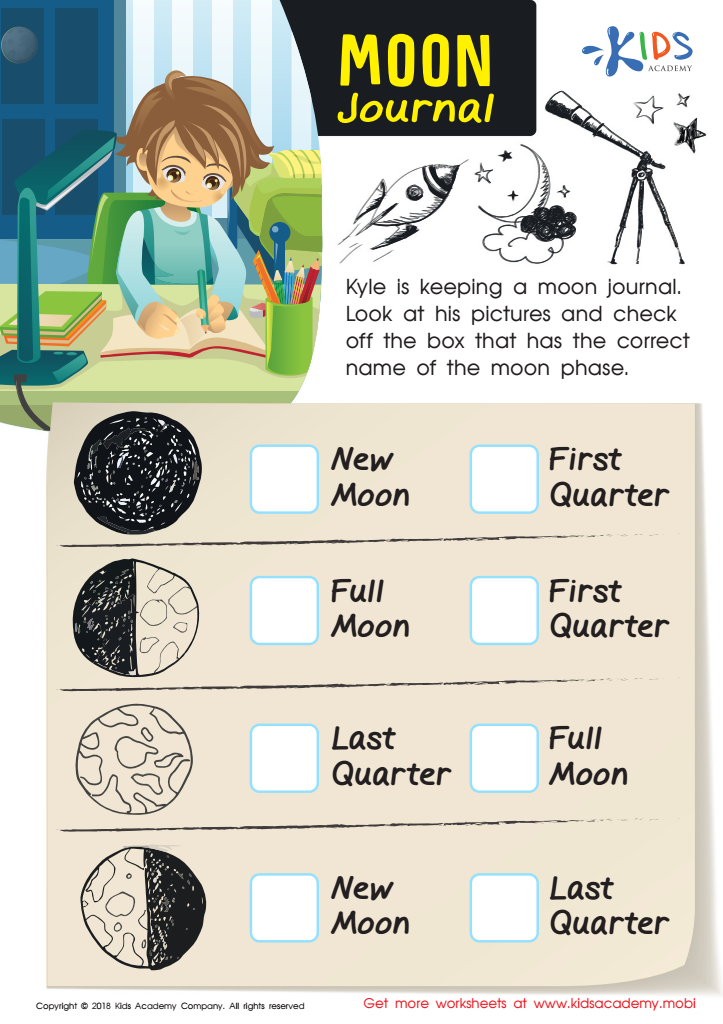

Moon Journal Worksheet
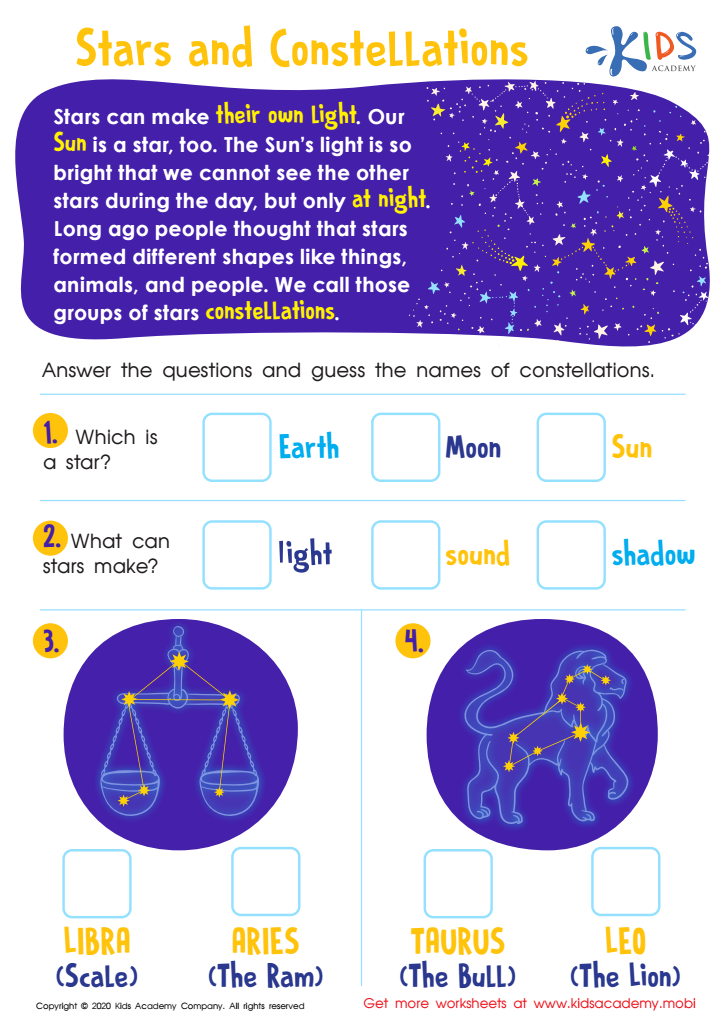

Stars and Constellations Worksheet
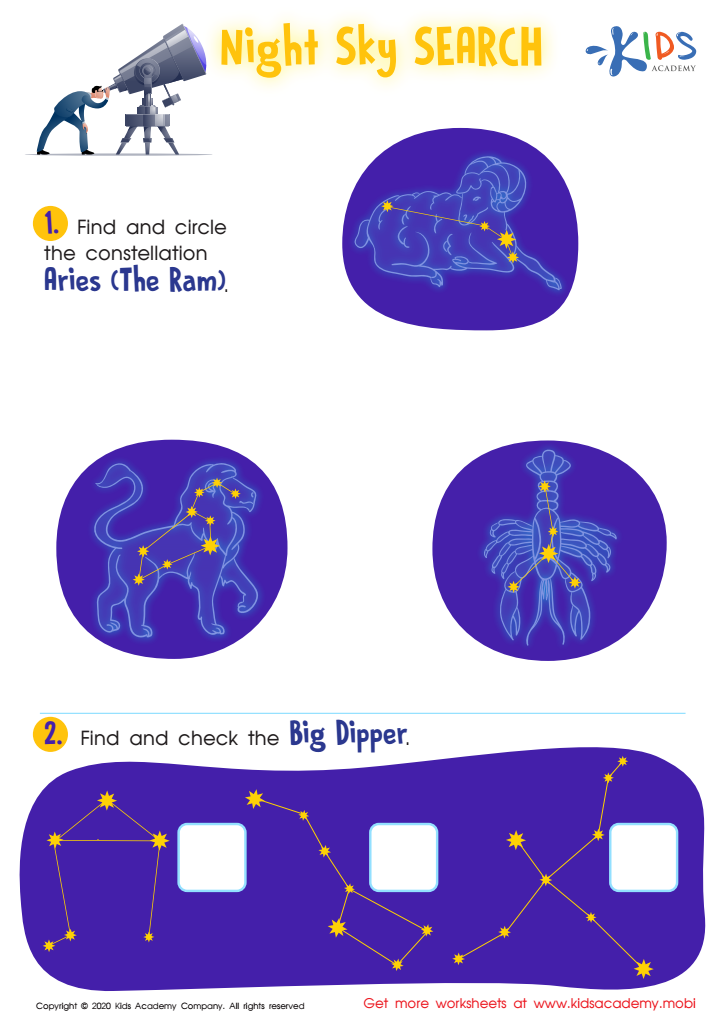

Night Sky Search Worksheet
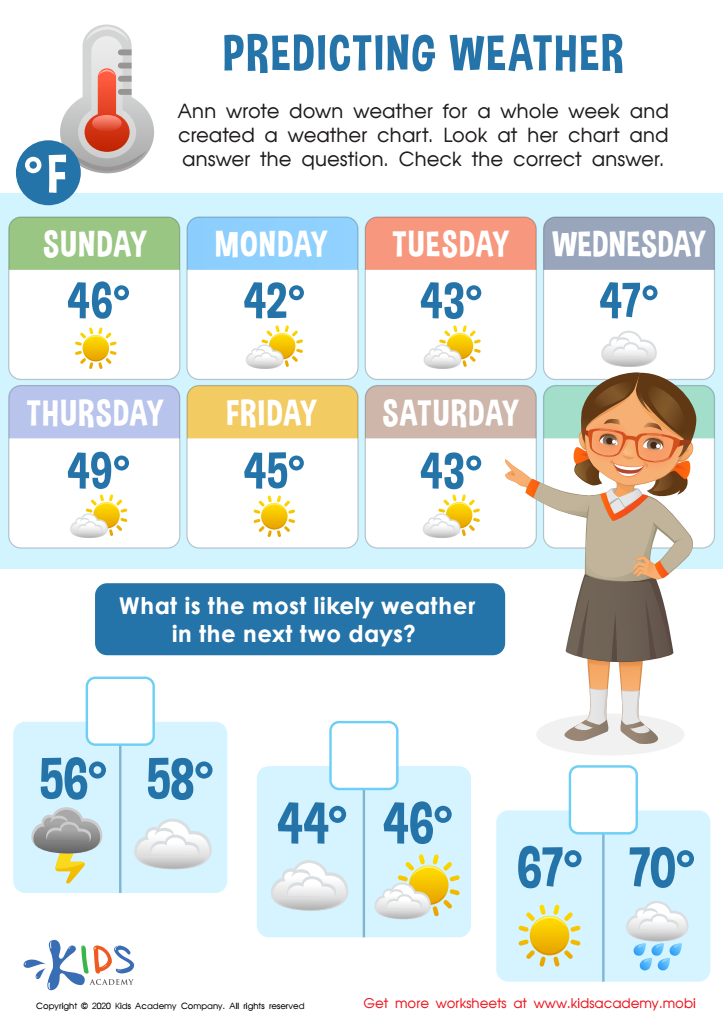

Predicting Weather Worksheet
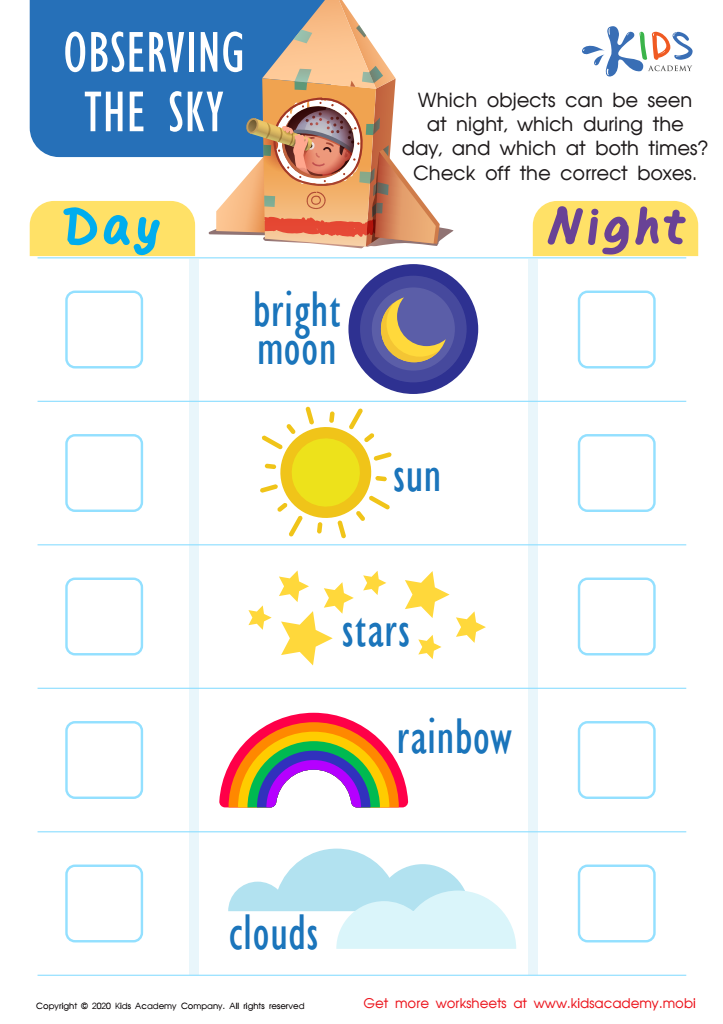

Observing the Sky Worksheet
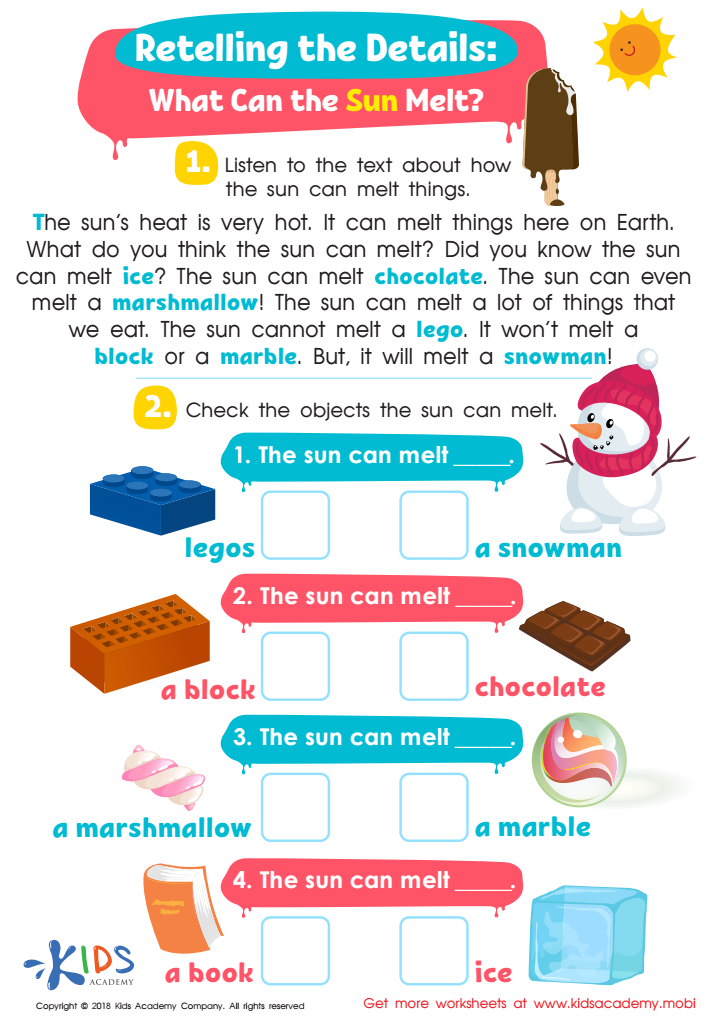

Retelling the Details: What Can the Sun Melt? Worksheet
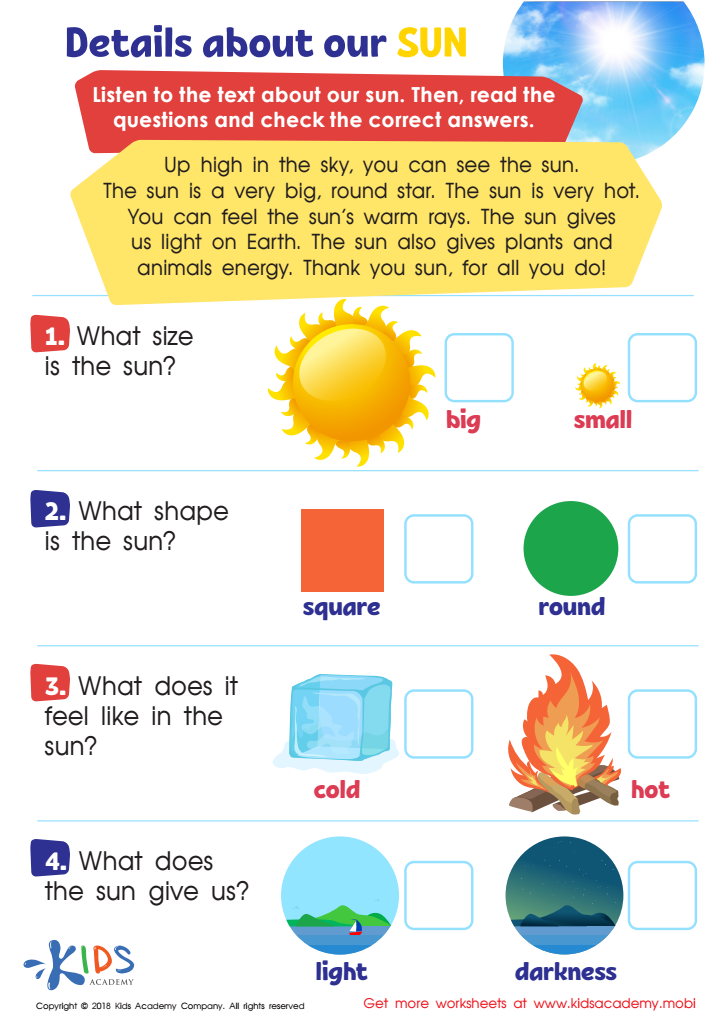

Details About Our Sun Worksheet


Space: Assessment 2 Worksheet


Space: Assessment 1 Worksheet
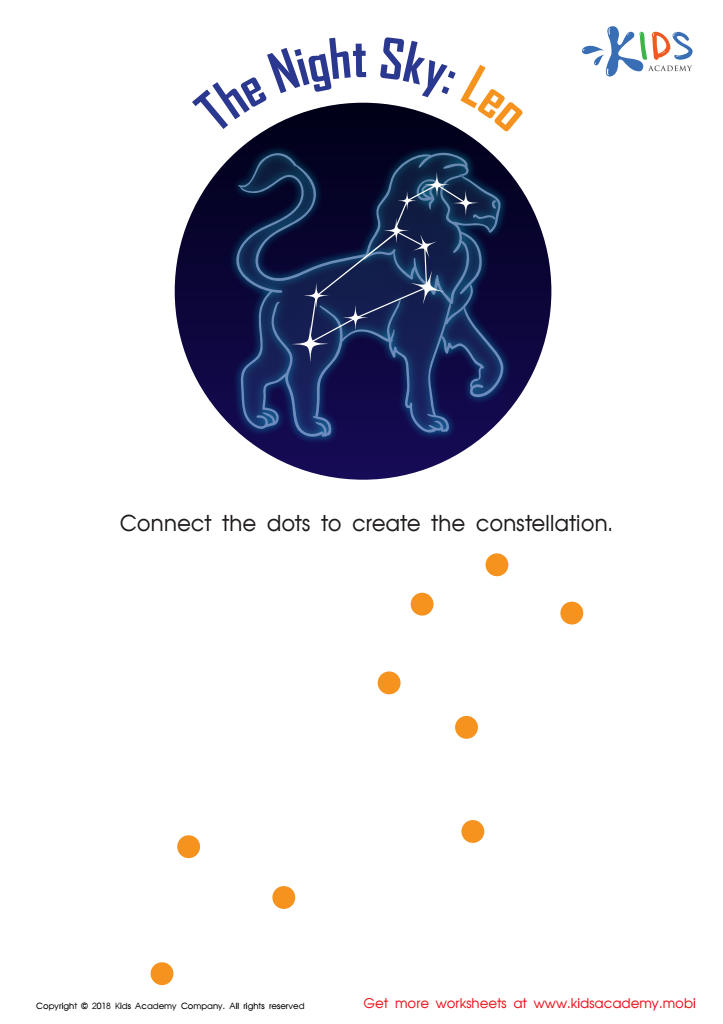

The Night Sky: Leo Worksheet
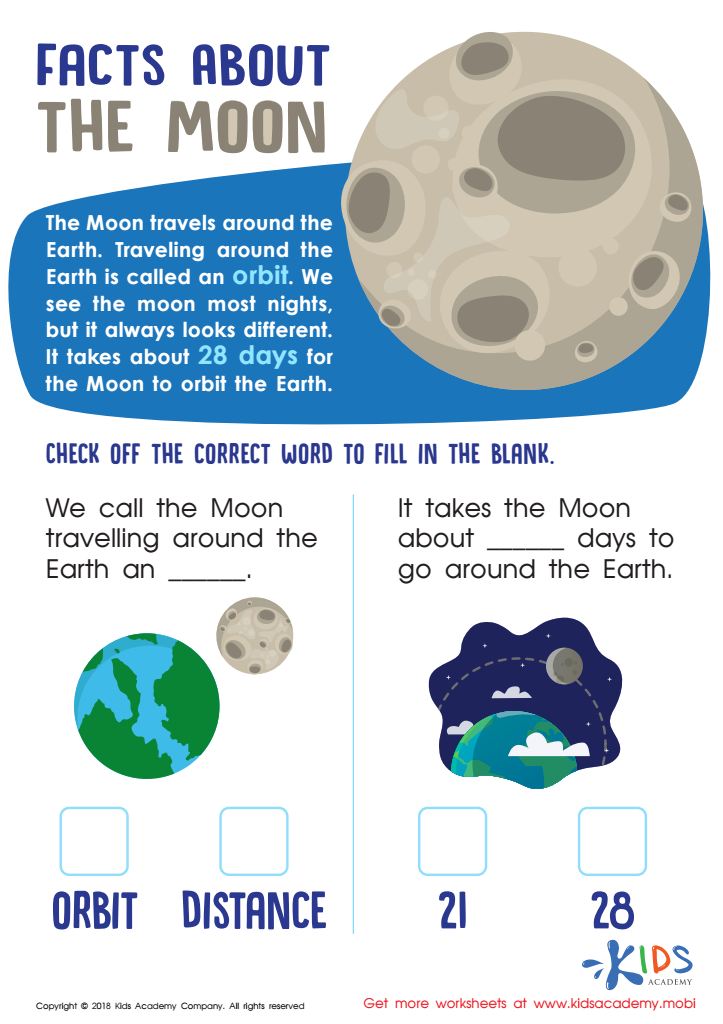

Facts About the Moon Worksheet
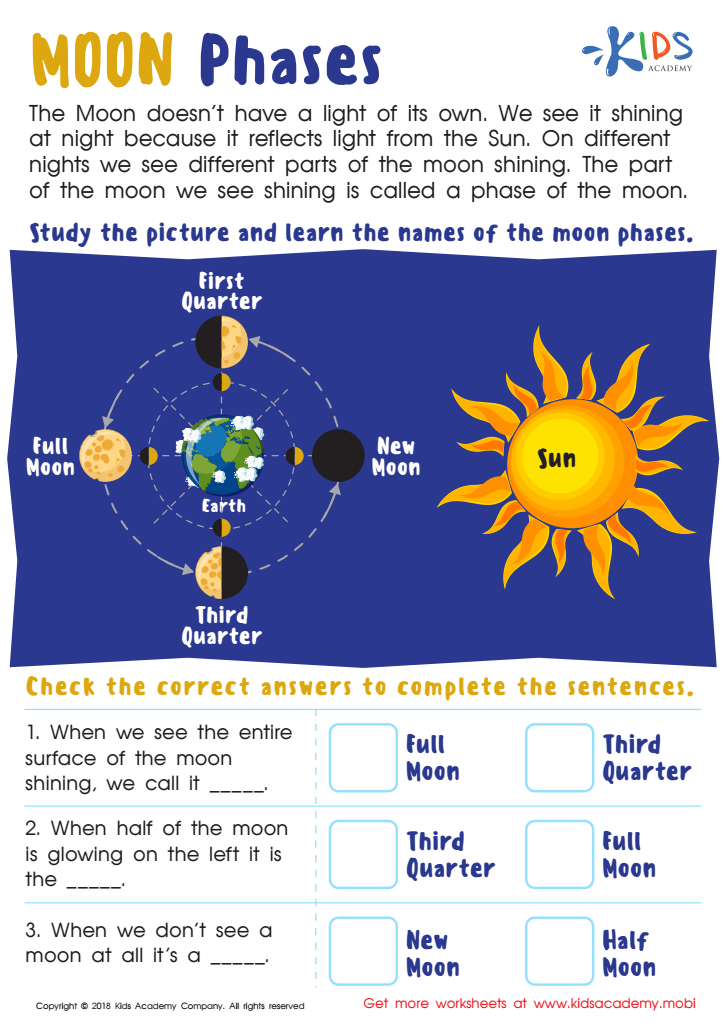

Moon Phases Worksheet
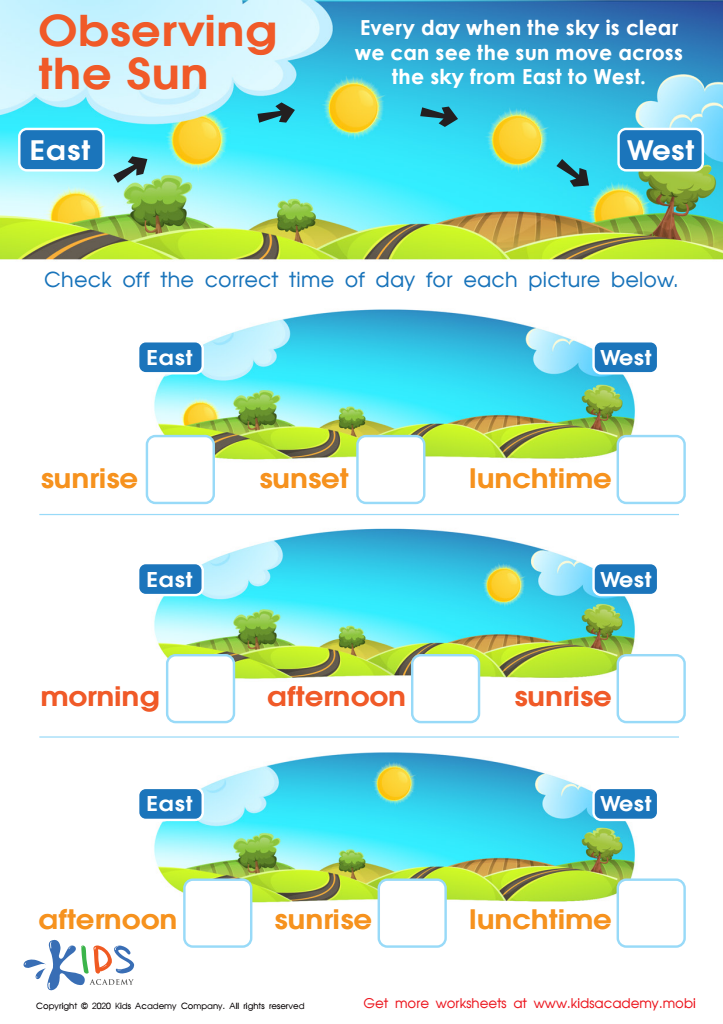

Observing the Sun Worksheet
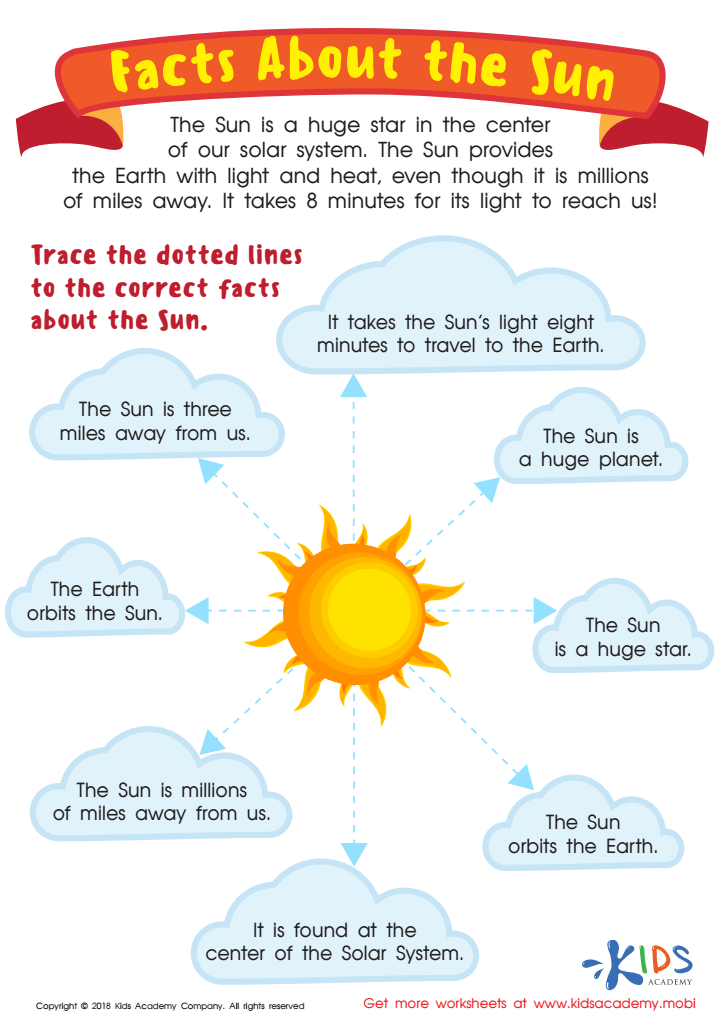

Facts About the Sun Worksheet


Sort and Count to the Moon Worksheet
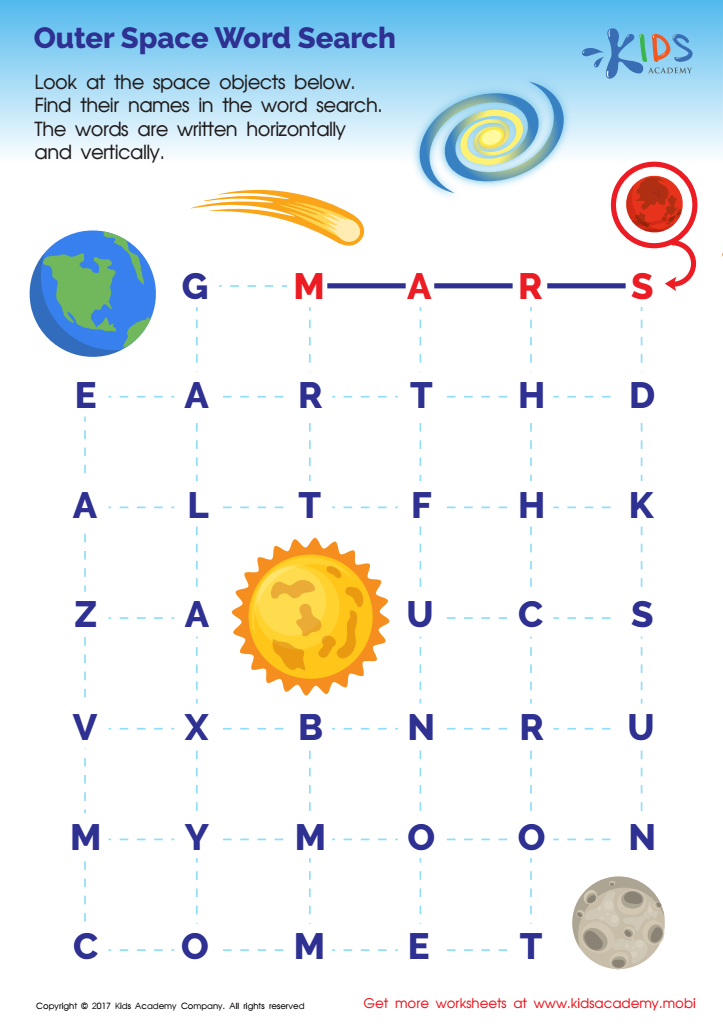

Outer Space Word Search Printable
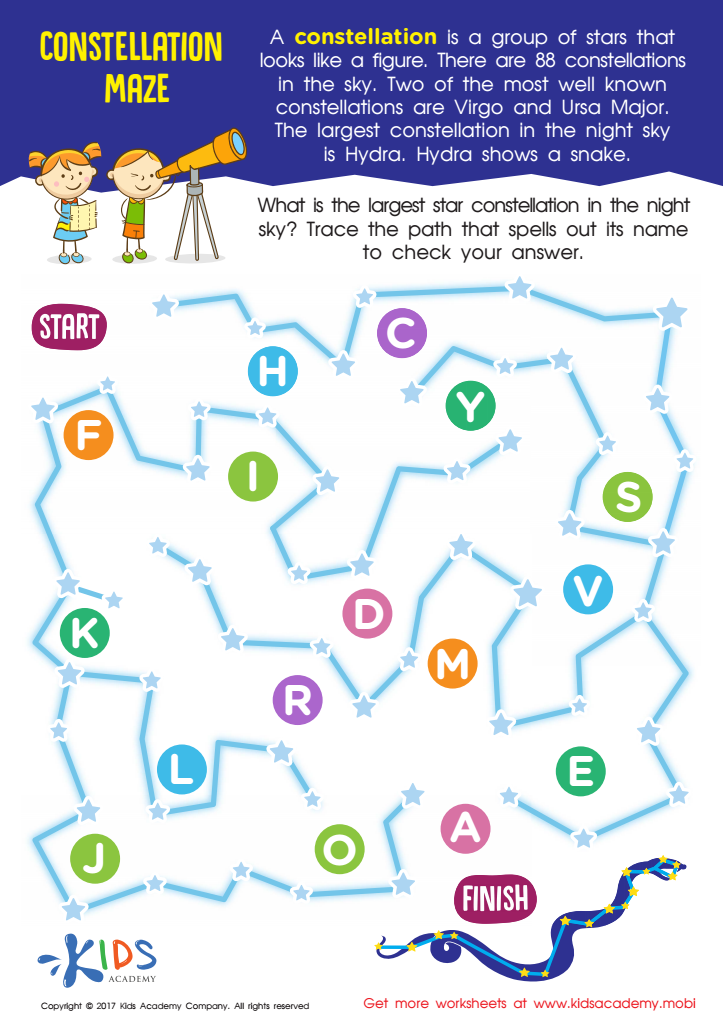

Constellations Worksheet
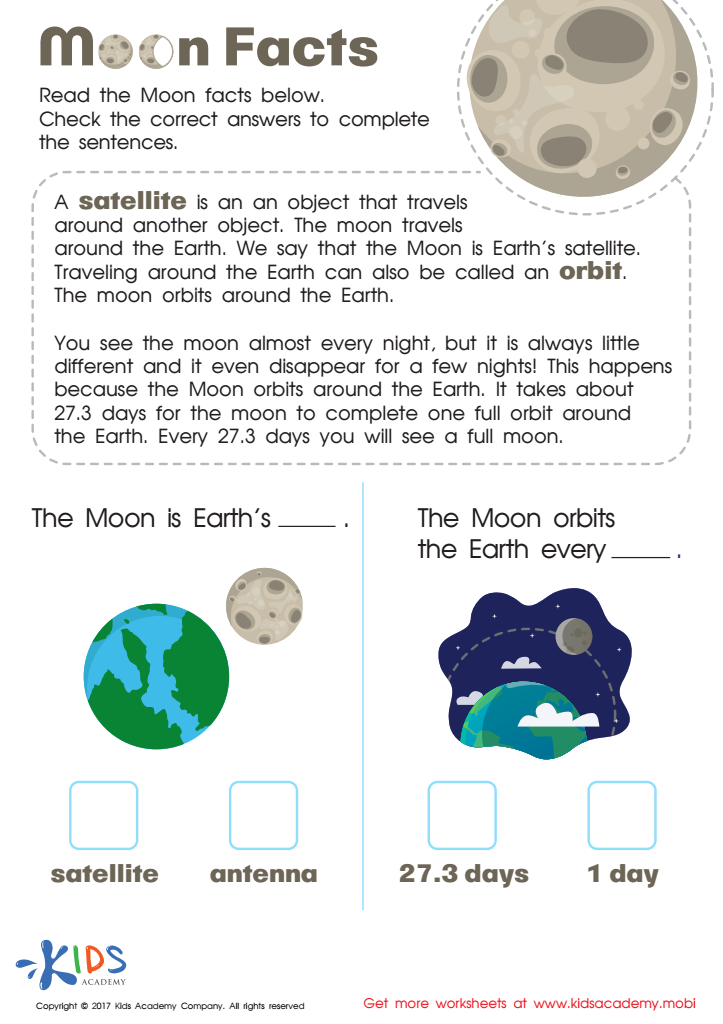

Moon Facts Worksheet
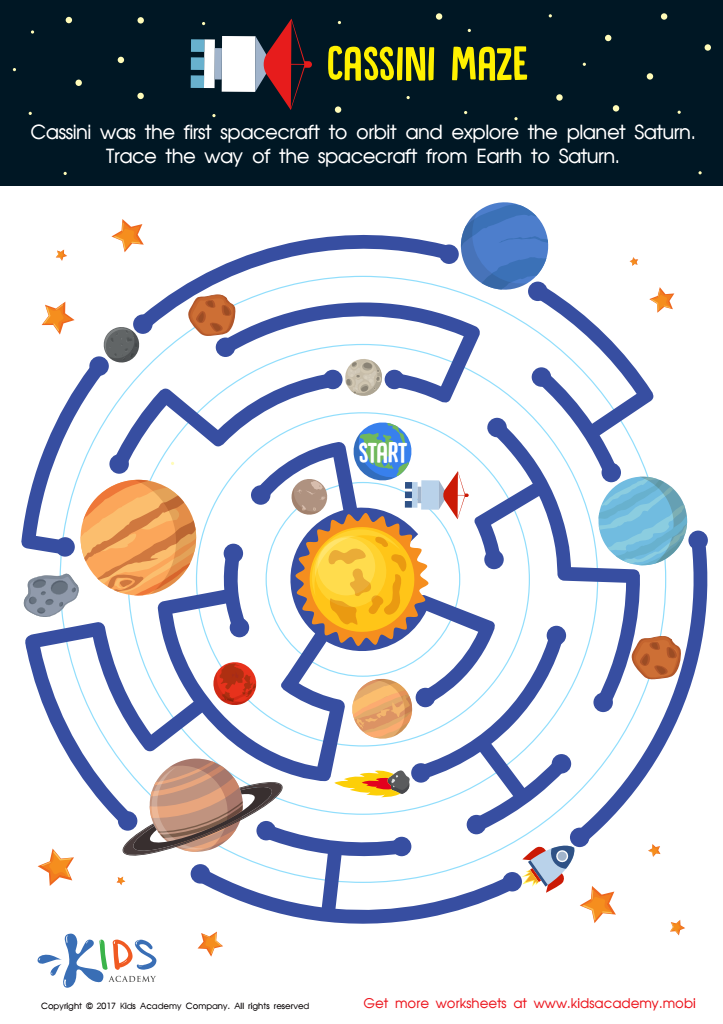

Cassini Printable Worksheet
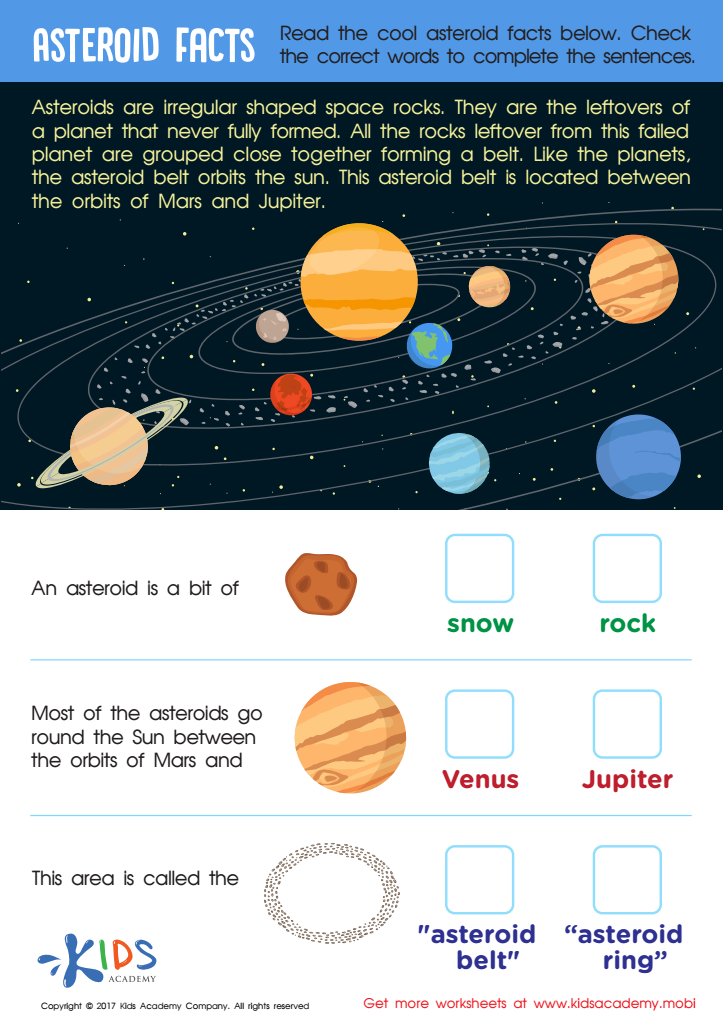

Asteroid Facts Worksheet
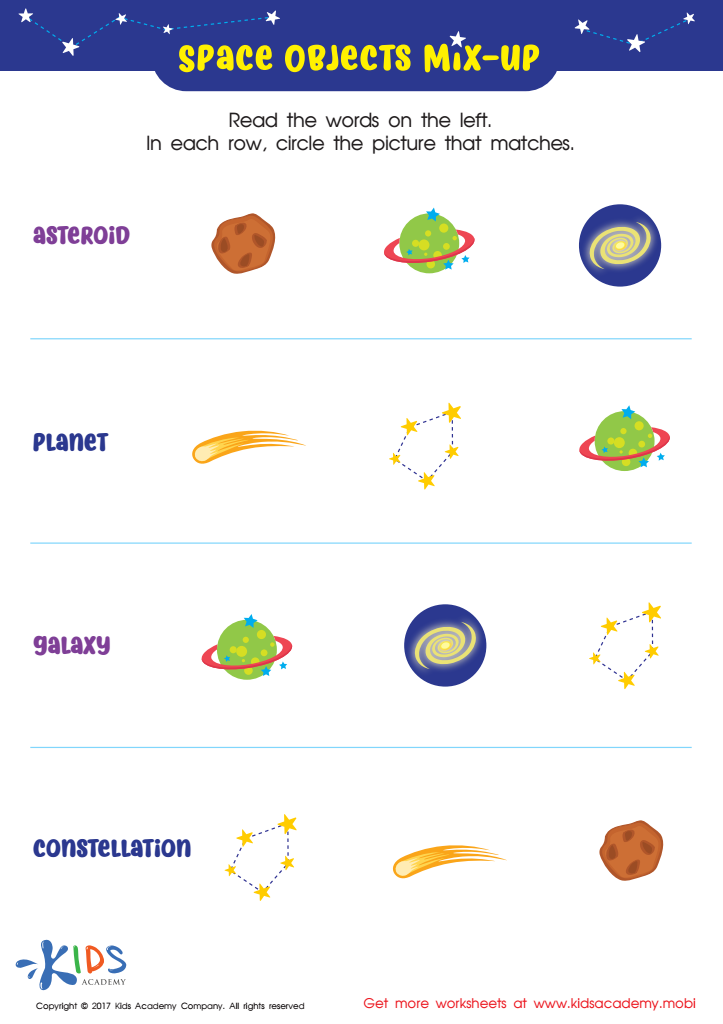

Science: Space Objects Worksheet
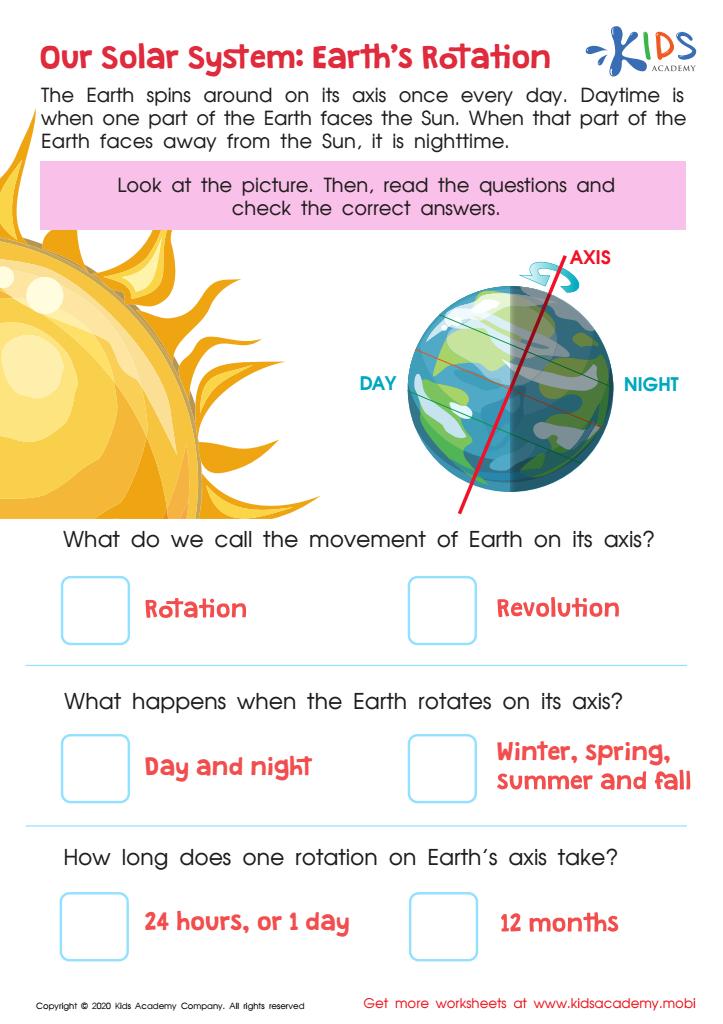

Our Solar System: Earth's Rotation Printable
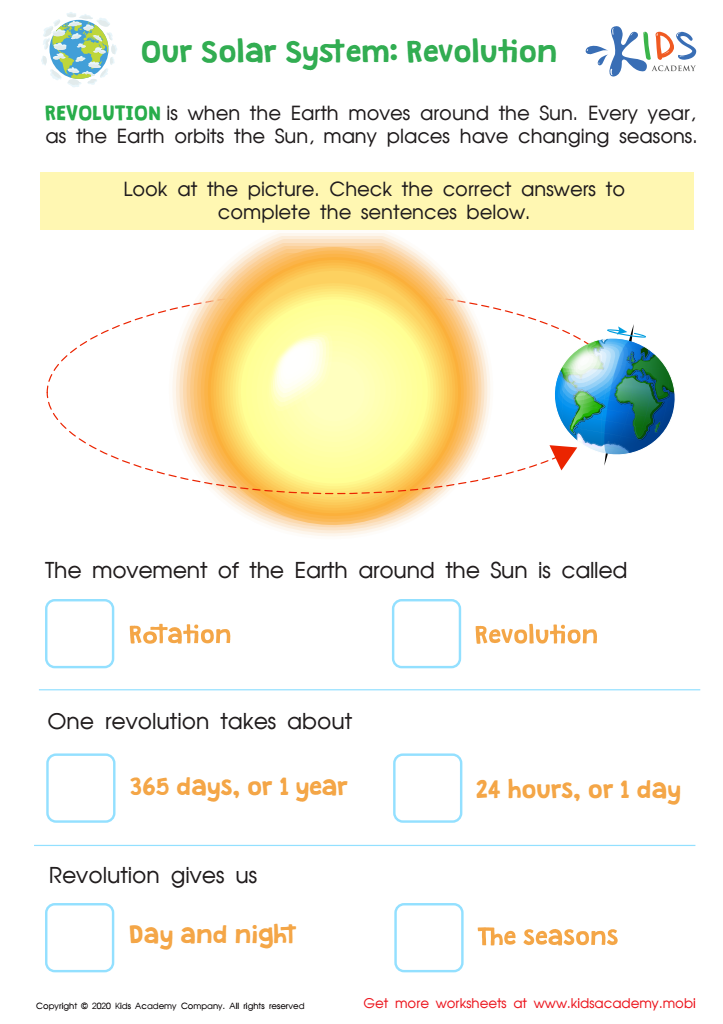

Our Solar System: Revolution Printable
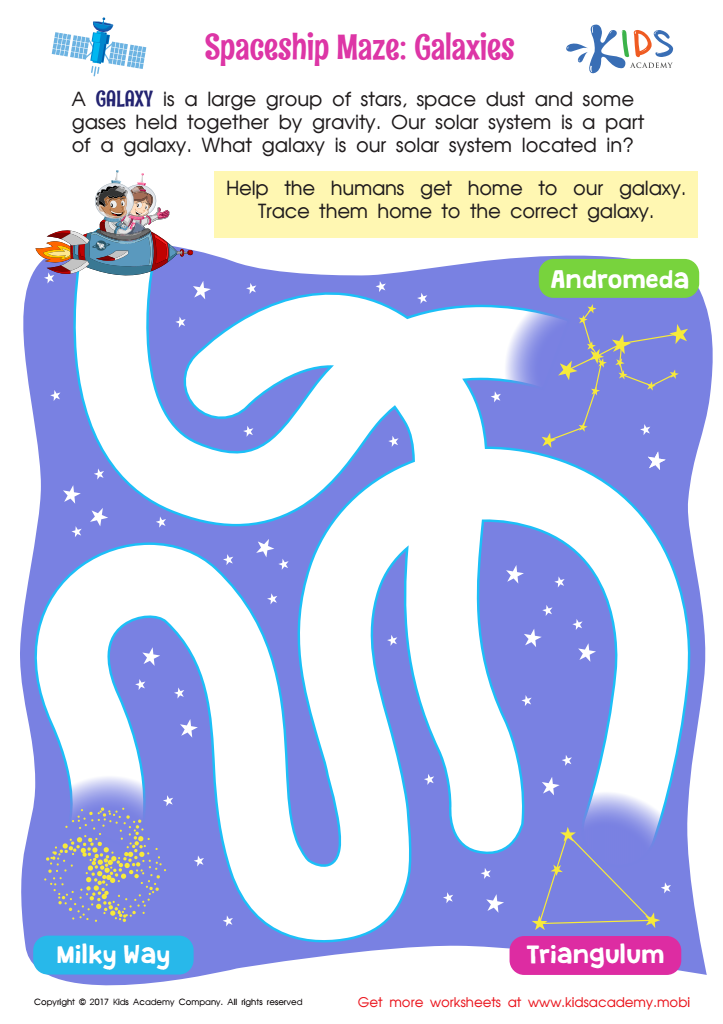

Spaceship Maze: Galaxies Worksheet
Normal Space for Ages 4-7 is crucial for young children's development as it provides a nurturing environment where they can explore, learn, and thrive. This foundational stage in a child's life is marked by rapid cognitive, social, and emotional growth. A supportive space encourages curiosity, creativity, and resilience, essential qualities for lifelong learning.
Parents and teachers should care about this concept because Normal Space empowers children to engage with their peers and their environment safely, fostering meaningful relationships. In this space, children can express themselves freely, developing self-confidence and independence while learning essential social skills like sharing, empathy, and cooperation.
Furthermore, Normal Space integrates play-based learning, a highly effective method for young children to absorb new information and develop critical thinking skills. Engaging activities encourage exploration and problem-solving, which are essential components of a well-rounded education.
Lastly, providing a Normal Space acknowledges and supports diversity in children’s needs and learning styles, ensuring every child feels included and valued. Parents and teachers play a vital role in creating these enriching environments, directly impacting the quality of early education and setting the stage for future academic and social success. Prioritizing Normal Space ultimately benefits children and the wider community.
 Assign to My Students
Assign to My Students




















